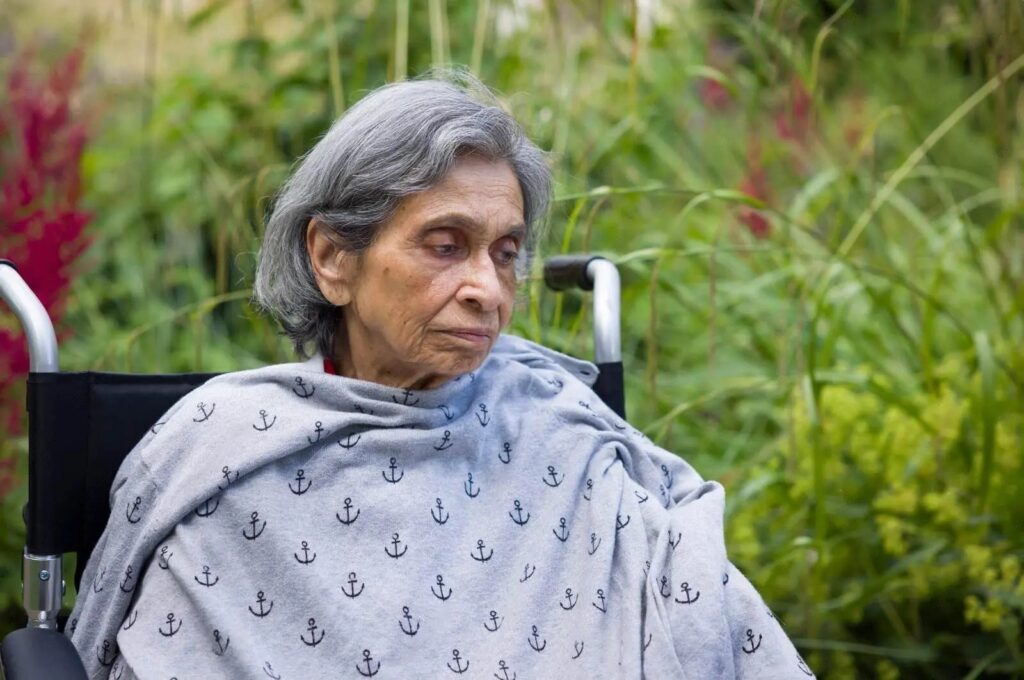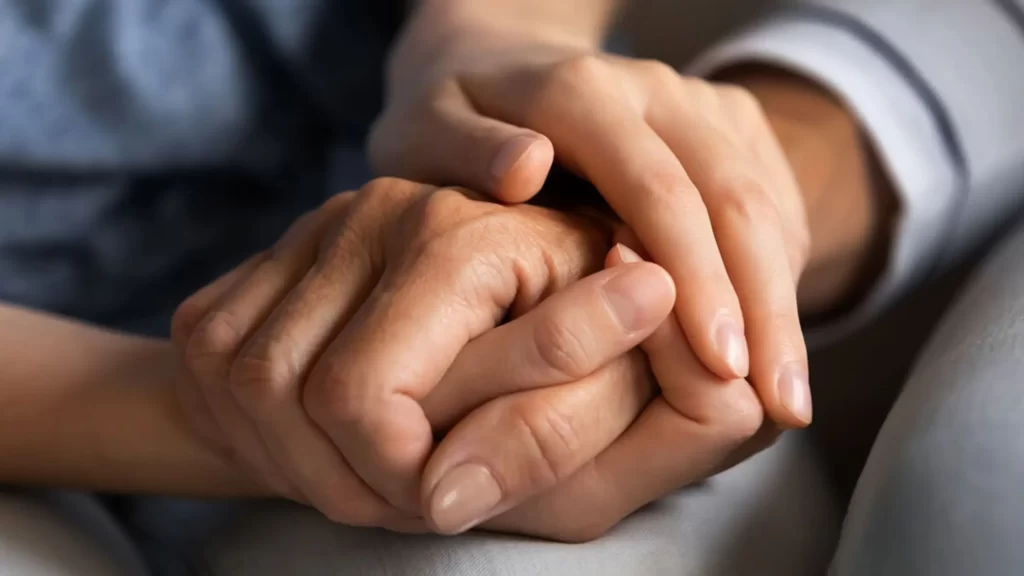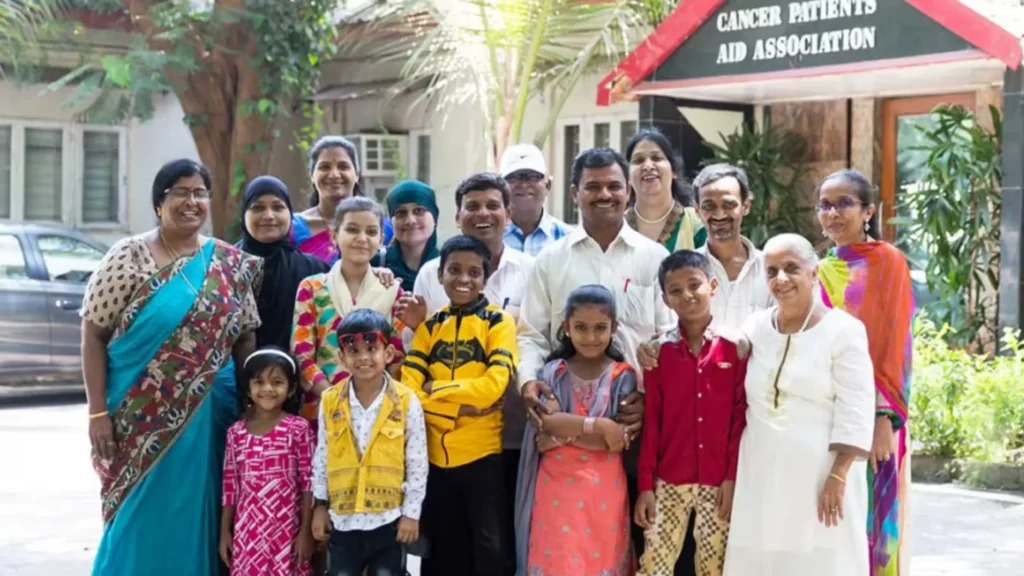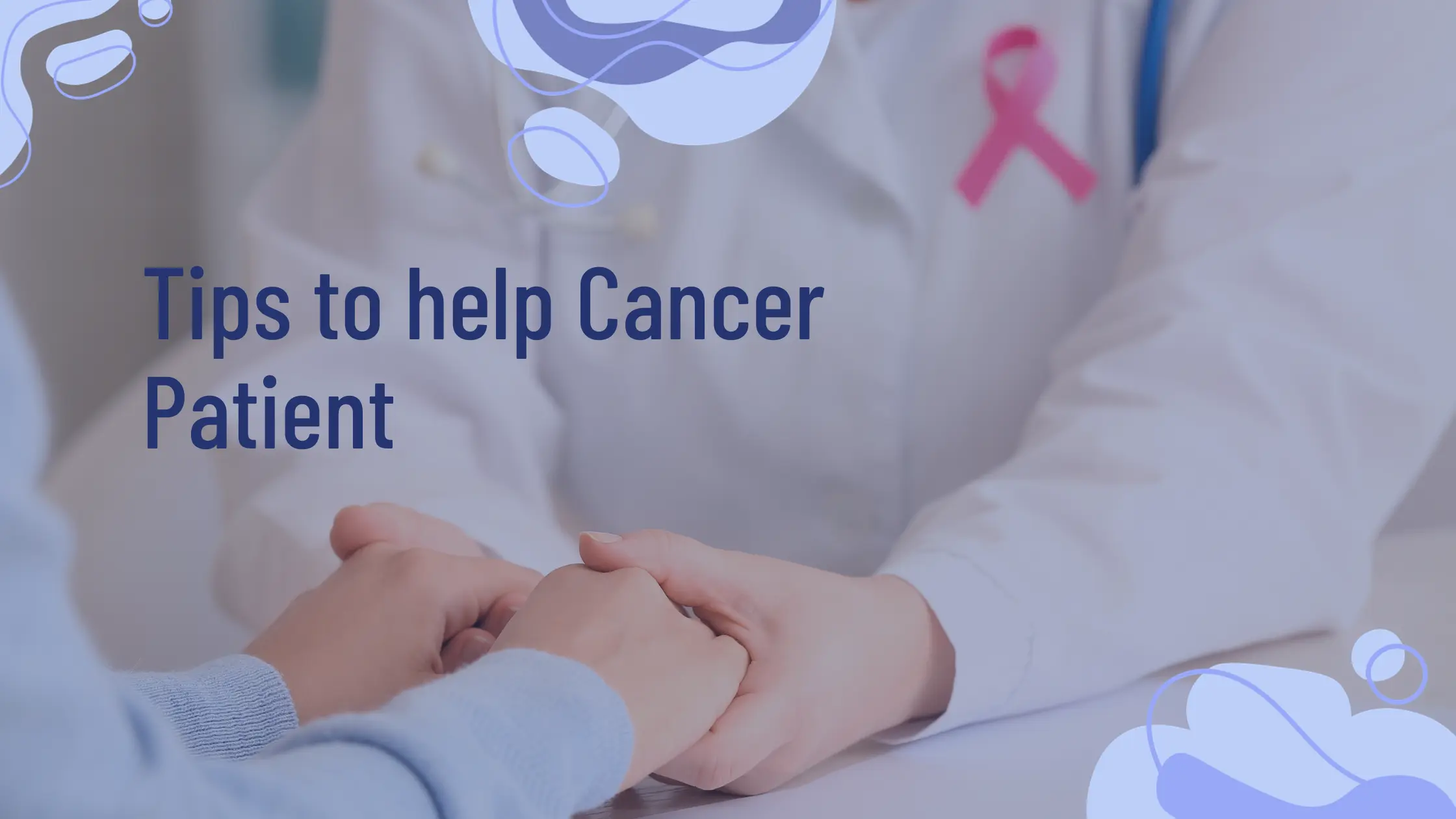Grief can often astound and startle us by how it comes uninvited at the most unexpected turn of events, piercing us through and through. No matter how much of wisdom we have gathered over the ages, we always seem to be a little unprepared.

They say, bad news has no correct timing. For someone receiving the news of being diagnosed with cancer might make their world seem crashing down and without the source of a support system, their whole lives may seem debilitating. Studies now suggest that besides the actual physical trauma, the patient entails a lot of psychological suffering too. At the onset, the news of cancer may evoke a sense of worry about the treatment and pain, and later branch out to a looming sense of death, financial expenses, family issues etc. After the initial diagnosis and treatment, the fear of a cancer recurrence can take over. By and large, the cancer patient can undergo an extreme sense of stress, anxiety and depression stemming from the fear of mortality .

The bigger question then is how do we help a cancer patient overcome the psychological stress and trauma and be able to restore a sense of faith, back in the patient? Undoubtedly, there can be no singular solution that can be effective for all as it is a subjective experience for each individual. Nonetheless, there are some formative methods that can go a long way in helping cancer patients. Here are some of the ways in which we can help a cancer patient cope with stress and anxiety:
- Cognitive Behavioural Therapy- A form of psychotherapy that helps in managing stress and tension and can be a great source of relief for those inflicted with cancer. Of course, the intervention of a guided psychologist is a must to make it an effective form of therapy. What happens to a person diagnosed with cancer is that their logical thinking power may be overridden by irrational thoughts and over thinking, i.e. the cognitive power of an individual may get affected as a response to the trauma. A branch of cognitive therapy is the newer model called Acceptance and Commitment Therapy for Fear of Recurrence or ACT. This course can help patients in coming to terms with things that they have no control over and focus on things that they can enjoy uninhibited by fear. As such, this type of therapy helps patients in maintaining accountability of their own actions and have an outlook of ‘letting-it-go’

- Meditation and Mindfulness- Another effective tool that can go handy for cancer patients to overcome the sense of overwhelming thoughts racing in the mind. The benefits of meditation and mindfulness are already known to help in coping everyday stress for normal individuals. What it especially does to those suffering from psychological stress in such a scenario is to help them relax and free them from threats conceived in the mind. Coupled with this, mindfulness helps the patients in having a wider sensory experience that helps them connect back to their authentic self and reinforce positive self-talk.

- Community Support and Tele-health- Having a strong support of community system goes hand in hand in providing a strong support system for cancer warriors. Asking for help can often be difficult, especially in a scenario where the Individual has assumed the role of a caretaker or caregiver but asking for help is necessary. The support of family, friends and well wishers has no substitute and having their backup for emotional well-being goes a long way in relieving stress. For those living in remote areas, having access to Tele-health services can be extremely beneficial. This refers to having contacts of local help that are available on smart phones, mobile apps, websites etc. to provide psychosocial support to the patients.

- Spirituality and well-being- This resonates with different people at different personal levels because the meaning of spirituality is different for different individuals. A spiritual inclination may or may not have a direct correlation with religion, although a lot of people may find comfort in rituals and traditions to bring inner peace.

Apart from the above mentioned points, one should make sure to regularly consult with their physician because they are privy to their struggles and their case-history first hand. Sometimes, the assurance given by the one treating the patient can be far more effective. Creating that safe space of trust with the patients and letting them know what to expect during and after the course of treatment or in other words, to create a sense of transparency in the relationship can heal the patients in the most effective way. In the words of Psychoanalyst, Carl Jung, “Medicines cure diseases, but only doctors can cure patients.”


